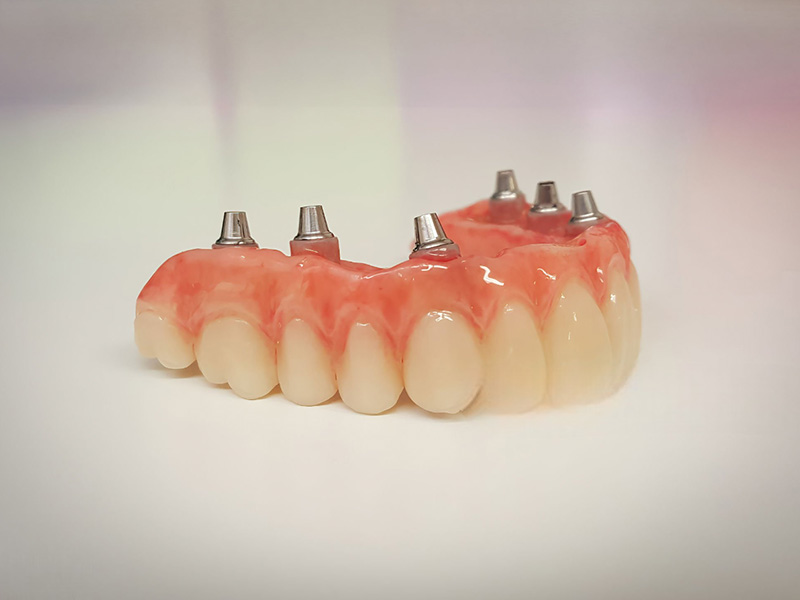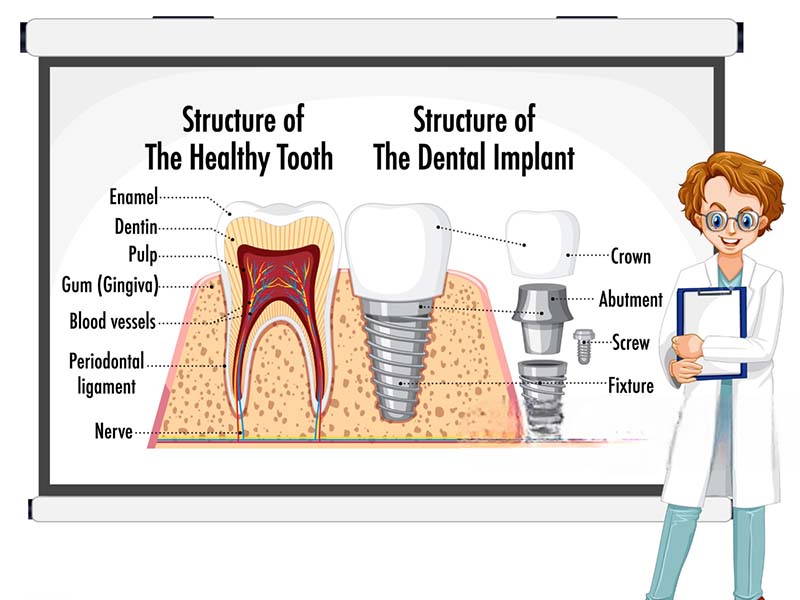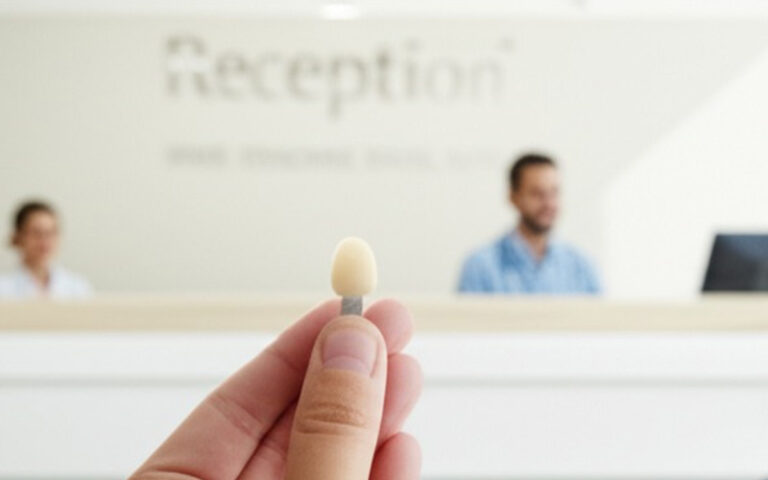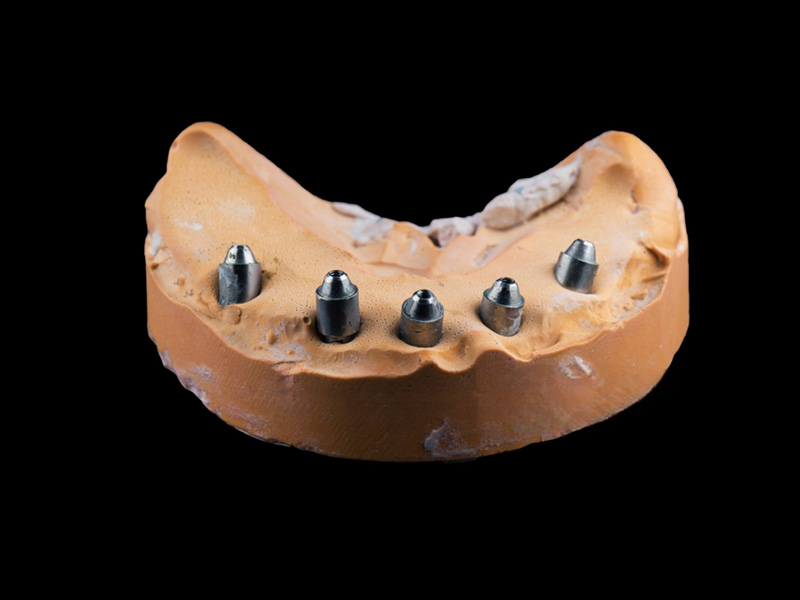
Denture Implants vs. Traditional Dentures: A Doctor’s Guide to Choosing the Right Option
Table of Contents
Introduction
When I first started doing dentistry here in Maryland, I realized pretty quick how confusing choosing between regular dentures and denture implants can get. If you’re here, you probably have a big choice ahead that’ll affect how you eat, how you feel about your smile, your health, and your wallet. I’ve talked with hundreds of folks just like you who ask me, “Are denture implants really worth it or can regular dentures handle it?” I know you just want clear, honest answers, not a bunch of technical talk. So here’s my straight-up, personal guide to help you figure out what’s best, based on real talks and results from people in my office.
Let’s make sense of this together and find out what really fits your life here in Maryland.
At a Glance: Key Differences Between Implant Dentures and Traditional Dentures
Before digging in, let’s do a quick side-by-side so you can see the main differences based on what I’ve seen in my Maryland office:
| Feature | Traditional Dentures | Denture Implants |
|---|---|---|
| Stability | Might slip or move | Stays put, solid feel |
| Chewing Power | About 20-25% of real teeth | 80-90%+ of real teeth |
| Jawbone Health | Bone gets smaller over time | Keeps jaw strong, avoids face sinking in |
| Cost (Per Arch) | $1,000-$4,000 | $5,000-$30,000+ |
| Longevity | 5-8 years (may need fixes) | Implants last for life; teeth part 10-15+ years |
| Comfort | Might rub or bother gums | Feels more like real teeth |
| Daily Maintenance | Take out to clean, soak at night | Brush like normal teeth (if fixed) or pop out easily (snap-in) |
| Taste Impact | Upper plate covers top of mouth | Top of your mouth stays open |
| Surgical? | No | Yes |
| Who’s it for? | Quick, cheaper fixes | Permanent, steady, better for long-term health |
What Are Traditional Dentures?
How They Work
Traditional dentures are what most people think of—removable teeth that sit right on your gums. I make these for people who don’t want surgery or need something fast and affordable. Dentures stay put with suction, and sometimes you’ll use a little sticky glue like Polident to help it stay better.
Types
- Full Dentures: Replace all teeth on top or bottom
- Partial Dentures: Fill in spaces if you have some real teeth left
Pros
In my experience, people like:
- Lower First Cost: Great if money is tight or if your insurance doesn’t cover much
- No Surgery: No cutting, no stitches—just molds and fittings
- Quick Solution: Usually you’ll have your new teeth in a few weeks, once your gums heal after any tooth pulling
Cons
But let’s be real—traditional dentures can be tricky.
- Slipping and Clicking: Ever tried eating steak or public speaking with dentures? They can move or make noise. I hear about this all the time, especially with bottom dentures.
- Harder to Chew: Raw veggies, nuts, chewy meats? You may have to skip those. You only get back about a quarter of your old bite strength.
- Gum Sores: They rub over time and can leave sore spots. I do a lot of little fixes and refits because of this.
- Jawbone Shrinks: This is the big deal. Without teeth roots, your jawbone shrinks—sometimes fast. I’ve seen people lose lots of bone in just a year—faces can end up looking sunk in.
- Taste Goes Down: Full uppers cover the roof of your mouth, so food just doesn’t taste as strong as before.
What Are Denture Implants (Implant-Supported Dentures)?
How They Work
Now, this is where new dental tricks come in. Instead of just sitting on your gums, denture implants use strong metal posts set right into your jaw. These posts act like fake tooth roots and your bone grows around them, making the base rock solid.
Dentures can either snap on and off (easy for cleaning) or stay in all the time—no more dropping them in a cup at night. A popular system I use, All-on-4, can even give you a full set of teeth in just one day.
Types
- Implant-Retained (Snap-In/Removable): Click on and off with little attachments for easy cleaning
- Implant-Supported (Fixed/Permanent): Bolted in tight, only a dentist can take them off; you just brush like normal
Pros
My patients who get implant dentures always tell me:
- Super Secure: No sliding around, even with biting apples or corn
- Strong Chewing: Most folks get back almost all their old chewing power
- Saves Jawbone: Implants keep your jaw healthy—no “sunken” face or slipping dentures
- Comfy and Real: Many forget they even have them
- Best Taste: The top of your mouth stays open, so food tastes just like before
Cons
There are some downsides too:
- Higher Cost Upfront: It does cost more at first, but we talk payment plans a lot to help people out
- Need Surgery: Some don’t want to deal with any surgery, even though it’s pretty safe
- Longer Wait: You have to wait a few months while your bone heals before the final teeth go in
Head-to-Head Comparison: The 5 Key Decision Factors
Let’s look closer at the five things people always ask about when picking between regular dentures and implant ones:
Factor 1: Stability & Function
Traditional Dentures: These can slip just when you don’t want them to. I’ve seen people come back, upset their bottom denture lifts while they eat or talk. Chewing? You’ll need to change how you eat and avoid certain foods.
Denture Implants: Implants hold them tight. I’ve had patients celebrate eating things they missed for years. If being able to eat and talk confidently matters to you, this is a huge difference.
Factor 2: Jawbone Health & Facial Looks
Traditional Dentures: Here’s the catch—no teeth roots or implants, your jawbone thinks it’s not needed and starts shrinking. Over time, your face can look caved in. Not good.
Denture Implants: Implants act like real roots. My implant patients keep full, healthy faces over the years. More than looks, this makes sure your jaw stays strong and your new teeth fit right for a long time.
Factor 3: Price & What You Get in Maryland
Traditional Dentures: In my office, full dentures usually cost $1,000 to $4,000 per arch. Sounds cheap, but you’ll need cleanings, glues, repairs, and new sets every 5-8 years. After 10-20 years, the costs add up.
Denture Implants: Implant dentures start higher—$5,000 to $25,000+, depending on the type and material. But since they often last for life, and the teeth part lasts 10-15 years or more, you save trouble and money later. And with payment plans or insurance help, most people make it work.
Factor 4: Daily Care & How They Fit Your Life
Traditional Dentures: Every night, you take them out, scrub them, drop them in a glass. Got butterfingers? I’ve fixed lots of broken dentures from dropping. Speaking also takes time to sound normal.
Denture Implants: For fixed teeth, just brush and floss like your own. Snap-ins come off easier for cleaning, but you don’t have to mess with sticky stuff or soaking cups. Talking and eating becomes easy again.
Factor 5: How You Get Them & How Long It Takes
Traditional Dentures: Most folks get them within weeks after healing from any teeth pulled. No cutting. Fast, easy, and good if you can’t get surgery.
Denture Implants: Implants need surgery. We put in the posts, then let your bone grow around them (takes 3-6 months), then snap the new teeth on. It’s a wait, but everybody tells me it’s worth it.

Who Is the Ideal Candidate?
There’s no answer that fits everyone. Here’s what I look for with my Maryland patients:
You Might Go for Traditional Dentures If:
- You want the fastest, cheapest way to replace your whole smile
- You can’t have (or don’t want) any kind of surgery
- You like the idea of changing things easily
You Might Go for Denture Implants If:
- You want something that’ll last, is easy to care for, and lets you eat what you want
- You have a good jawbone (or are open to a simple bone building procedure)
- You care about keeping your face shape, talking clearly, and staying confident
- You’re ready to pay a bit more now to avoid problems later
Often, folks who start out scared of surgery end up picking implants once they know the long-term difference in comfort and freedom.
Frequently Asked Questions
How long do implant dentures last?
In my experience, the posts can last the rest of your life. The teeth part may need switching out every 10-15 years, way less often than regular dentures.
Is getting implant surgery painful?
Most people say it feels like getting a tooth pulled. With numbing (and sometimes a little calming medicine), you’re fine during it. Soreness and swelling is normal after, but nothing most can’t handle with Tylenol or Advil.
What if I don’t have enough bone for implants?
Glad you asked—it’s common. Lots of times a simple bone build-up can make implants work fine. We check this with a 3D scan.
Will insurance help pay?
Here in Maryland, some plans like Delta Dental or Aetna cover a bit (especially for pulling teeth or the teeth part). We’ll help you look at your plan and work out payments.
What can I eat after getting dentures or implants?
If you have regular dentures, skip steak, nuts, or chewy stuff. Implant dentures let you eat almost anything again—apples, corn, salads, you name it.
Final Thoughts
Choosing between regular dentures and implants isn’t just about teeth—it’s about eating your favorite foods, talking without worry, and enjoying your days. I’ve helped thousands of folks in Maryland find their best smile, and I still love seeing how much better people feel when their teeth work like they should.
If you’re ready for a new smile that lasts, don’t put it off. One simple visit can start your whole comeback. I’ll be here to help however I can, every step of the way.








